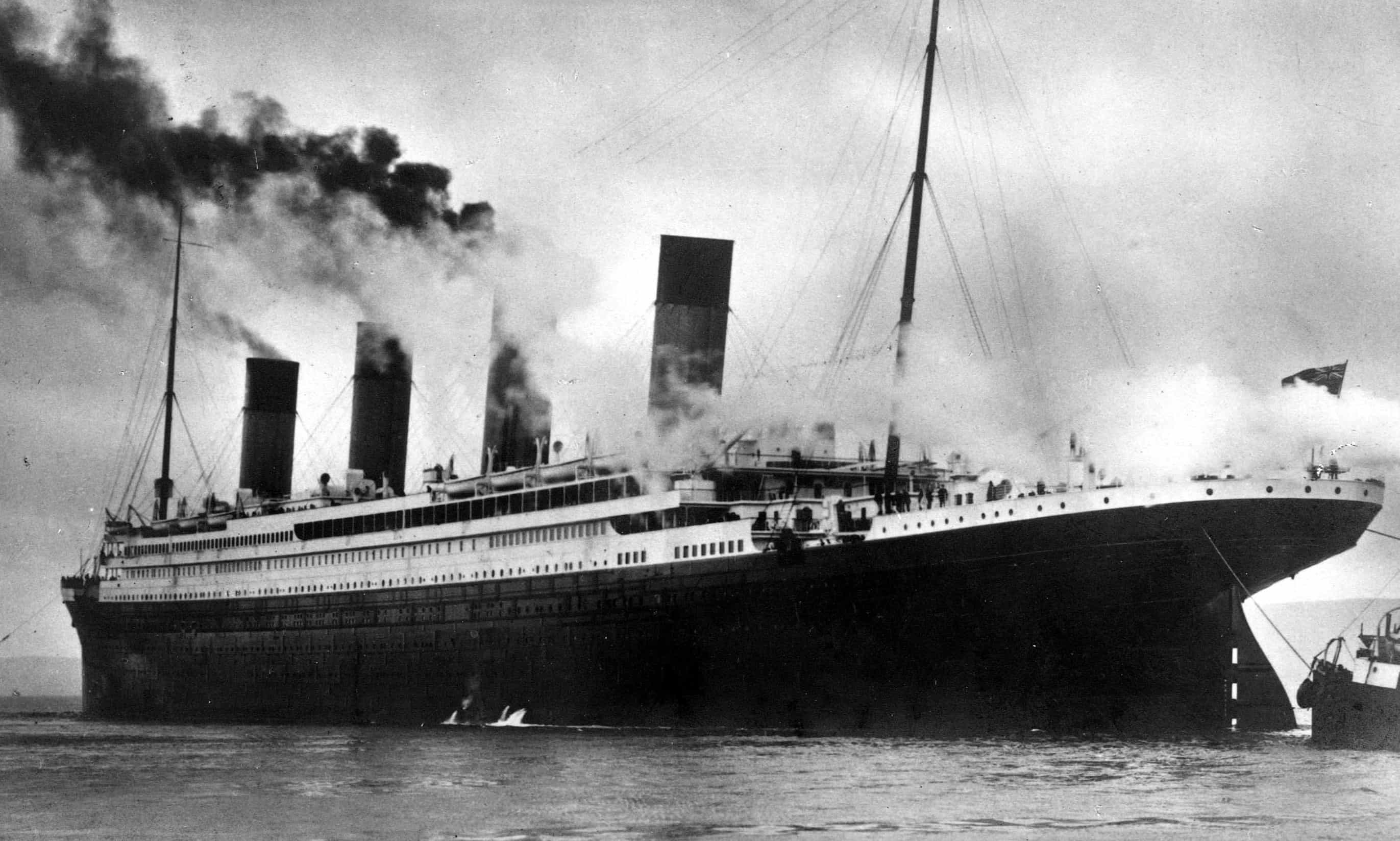
What happened in 1912? This year was packed with significant events that shaped history. The Titanic famously sank on its maiden voyage, becoming one of the most tragic maritime disasters. New Mexico and Arizona joined the United States as the 47th and 48th states, respectively. In the world of politics, Woodrow Wilson won the U.S. presidential election. Meanwhile, Albert Berry made the first successful parachute jump from an airplane. The year also saw the birth of Alan Turing, a pioneer in computer science. From groundbreaking inventions to pivotal moments in sports, 1912 was a year of remarkable milestones. Ready to dive into more intriguing facts? Let's go!
The Year 1912: A Snapshot
The year 1912 was a time of significant events and changes. From groundbreaking discoveries to tragic disasters, this year left a lasting impact on history. Let's dive into some fascinating facts about 1912.
Major Events of 1912
This year was marked by several notable events that shaped the course of history. Here are some of the most significant ones:
- The Titanic sank on April 15, 1912, after hitting an iceberg. Over 1,500 passengers and crew lost their lives in this tragic disaster.
- New Mexico and Arizona became the 47th and 48th states of the United States, respectively, in January and February 1912.
- The Balkan Wars began in October 1912, involving several countries in Southeast Europe and leading to significant territorial changes.
- The Republic of China was officially established on January 1, 1912, ending over two thousand years of imperial rule.
- The Lawrence Textile Strike in Massachusetts saw over 20,000 workers protesting for better wages and working conditions.
Scientific and Technological Advances
1912 was also a year of remarkable progress in science and technology. Here are some key advancements:
- Alfred Wegener proposed the theory of continental drift, suggesting that continents move across the Earth's surface over geological time.
- The first successful parachute jump from an airplane was made by Albert Berry on March 1, 1912.
- The discovery of vitamins began with Casimir Funk isolating a substance he called "vitamine," later known as vitamin B1.
- The Piltdown Man hoax was perpetrated, with Charles Dawson claiming to have found the "missing link" between apes and humans.
- The first diesel-powered ship, the MS Selandia, was launched, revolutionizing maritime transport.
Cultural Milestones
Cultural developments in 1912 also left a lasting legacy. Here are some highlights:
- The Girl Scouts of the USA was founded by Juliette Gordon Low on March 12, 1912.
- The first feature-length Indian film, "Shree Pundalik," was released, marking a significant moment in Indian cinema.
- The Olympic Games were held in Stockholm, Sweden, featuring the debut of modern pentathlon and women's swimming.
- The Sinking of the RMS Titanic inspired numerous books, films, and songs, becoming a cultural touchstone.
- The Armory Show in New York City introduced Americans to modern art, featuring works by artists like Picasso and Duchamp.
Political Changes and Movements
Political landscapes around the world saw significant shifts in 1912. Here are some key changes:
- Woodrow Wilson was elected the 28th President of the United States, defeating incumbent William Howard Taft and former President Theodore Roosevelt.
- The African National Congress (ANC) was founded in South Africa to fight for the rights of black South Africans.
- The Suffragette movement gained momentum, with women in the UK and US campaigning vigorously for the right to vote.
- The Mexican Revolution continued to rage, leading to significant political and social upheaval in Mexico.
- The Balkan League was formed, consisting of Serbia, Montenegro, Greece, and Bulgaria, to oppose the Ottoman Empire.
Notable Births and Deaths
1912 saw the birth and death of several influential figures. Here are some notable ones:
- Alan Turing, the father of modern computer science, was born on June 23, 1912.
- Eva Braun, who later became Adolf Hitler's companion, was born on February 6, 1912.
- Wernher von Braun, a pioneering rocket scientist, was born on March 23, 1912.
- Wilbur Wright, co-inventor of the airplane, died on May 30, 1912.
- Jules Massenet, a renowned French composer, passed away on August 13, 1912.
Miscellaneous Facts
Here are some additional intriguing facts about 1912 that don't fit neatly into the other categories:
- The first neon sign was created by Georges Claude and displayed at the Paris Motor Show.
- The Boy Scouts of America was incorporated on February 8, 1912.
- The first minimum wage law in the United States was passed in Massachusetts, setting a precedent for labor rights.
Reflecting on 1912
1912 was a year packed with significant events that shaped history. From the tragic sinking of the Titanic to the establishment of the Republic of China, these moments left lasting impacts. The year also saw the birth of notable figures like Alan Turing and the introduction of the first Sankey diagram.
The Lawrence Textile Strike highlighted labor struggles, while New Mexico and Arizona became the 47th and 48th states. The Olympic Games in Stockholm showcased athletic prowess, and the Balkan Wars set the stage for future conflicts.
Understanding these events helps us appreciate how far we've come and the lessons learned. History isn't just about dates and names; it's about the stories and changes that continue to influence our world. Keep exploring, and you'll find even more fascinating facts about this pivotal year.
Was this page helpful?
Our commitment to delivering trustworthy and engaging content is at the heart of what we do. Each fact on our site is contributed by real users like you, bringing a wealth of diverse insights and information. To ensure the highest standards of accuracy and reliability, our dedicated editors meticulously review each submission. This process guarantees that the facts we share are not only fascinating but also credible. Trust in our commitment to quality and authenticity as you explore and learn with us.


